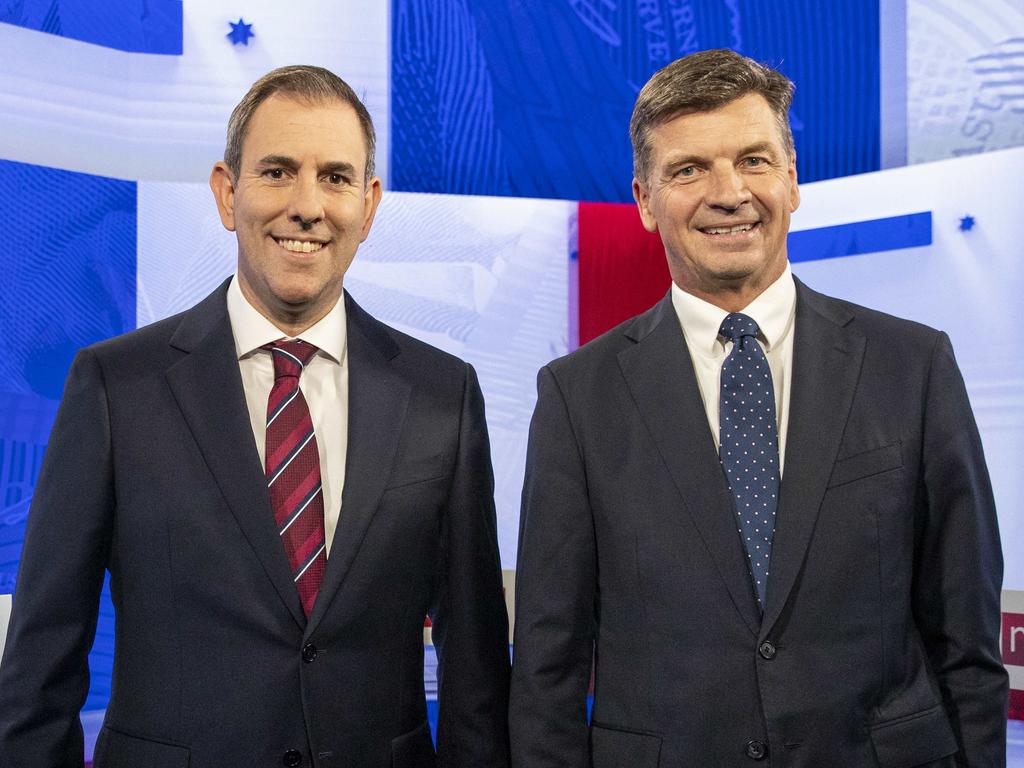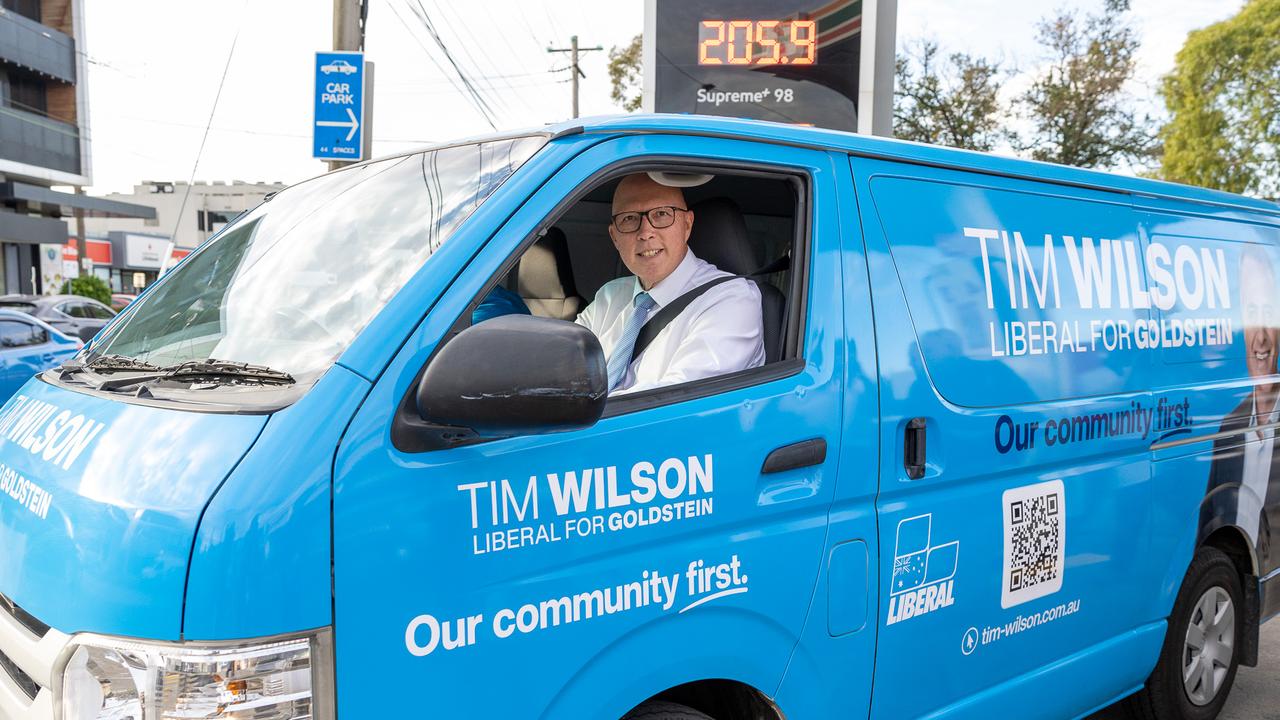Failure on economy, energy leaves Labor vulnerable
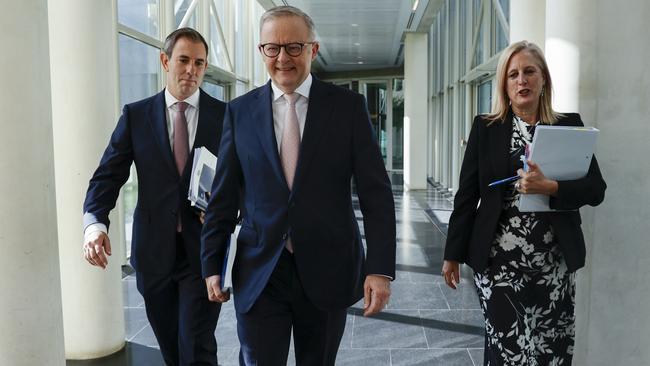
Donald Trump’s announcement on tariffs and the repercussions that have followed this week are merely the latest twists in this election campaign. They add a further element of seriousness to the decision facing voters. The ability to manage the economy and the budget and, it unfortunately seems, steer Australia through a possible global downturn is now at the centre of the election. It is not a development that helps Labor.
The Albanese government’s failure to contain escalating prices and its poor budget management coupled with deliberate decisions that have compounded these challenges, particularly regarding renewables, is now a major problem for it. Throughout its term Labor, and the Treasurer in particular, has treated economic policy as a political management challenge.
Jim Chalmers has seen his most important task as prosecuting a political message Labor can use to frame whatever cost-of-living challenges Australians face. It is about spin, not policy. Consequently, the government has avoided difficult decisions that would have ensured the budget was in a stronger position than is the case, increasing the possibility of economic decisions being made outside of Australia.
The hard reality is Australia is now more vulnerable to the international winds that are blowing than otherwise should be the case. The numbers are stark and alarming. During the past three years government spending has increased by $425bn and personal income tax is up by 24 per cent.
According to Labor’s own figures, government debt will exceed $1 trillion in 2026 and further increase to $1.2 trillion within four years. It is no surprise therefore that inflation has averaged 4.1 per cent, more than double the average under the Coalition.
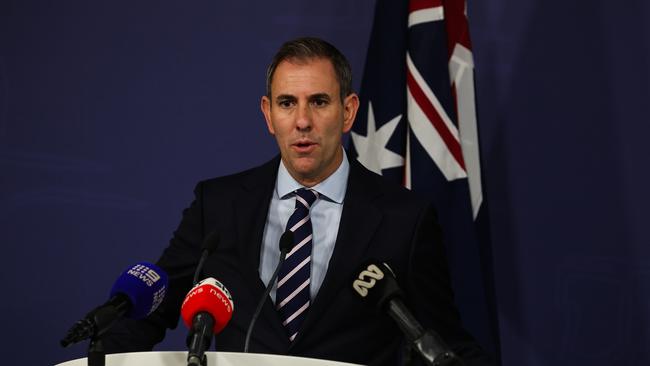
International developments this week also challenge the Coalition while conversely providing an opportunity to regain momentum. The Coalition has announced a series of policies that offer the prospect of real relief to households and small businesses. Its task is to make these practical proposals more widely known and understood across the community.
Anthony Albanese correctly said in the debate on Tuesday night that “what happens next” is, for most Australians, what the election is about. This is why the contrast in the policies on offer from the major parties will become more important in the remaining three weeks of the campaign. It will drive voters, particularly undecided and “soft” voters, as they make up their minds as to who offers the better prospects for them in coming years.
It is why the contrast in the approaches of the major parties is important and why the weakness of Labor’s preference for politics over policy is its achilles heel.
In practical, specific detail that voters can digest, the only offering from the Labor Party to assist with cost of living is the budget announcement of a 70c a day tax cut in 15 months.
In two areas of great concern to voters, energy costs and the affordability and availability of housing, Labor is locked into policies that actually drive cost increases rather relieve them.
The cost of energy, specifically household electricity, is a major issue across the community but particularly in many marginal seats. The government, led in this area by Chris Bowen, is locked into escalating the use of renewables.
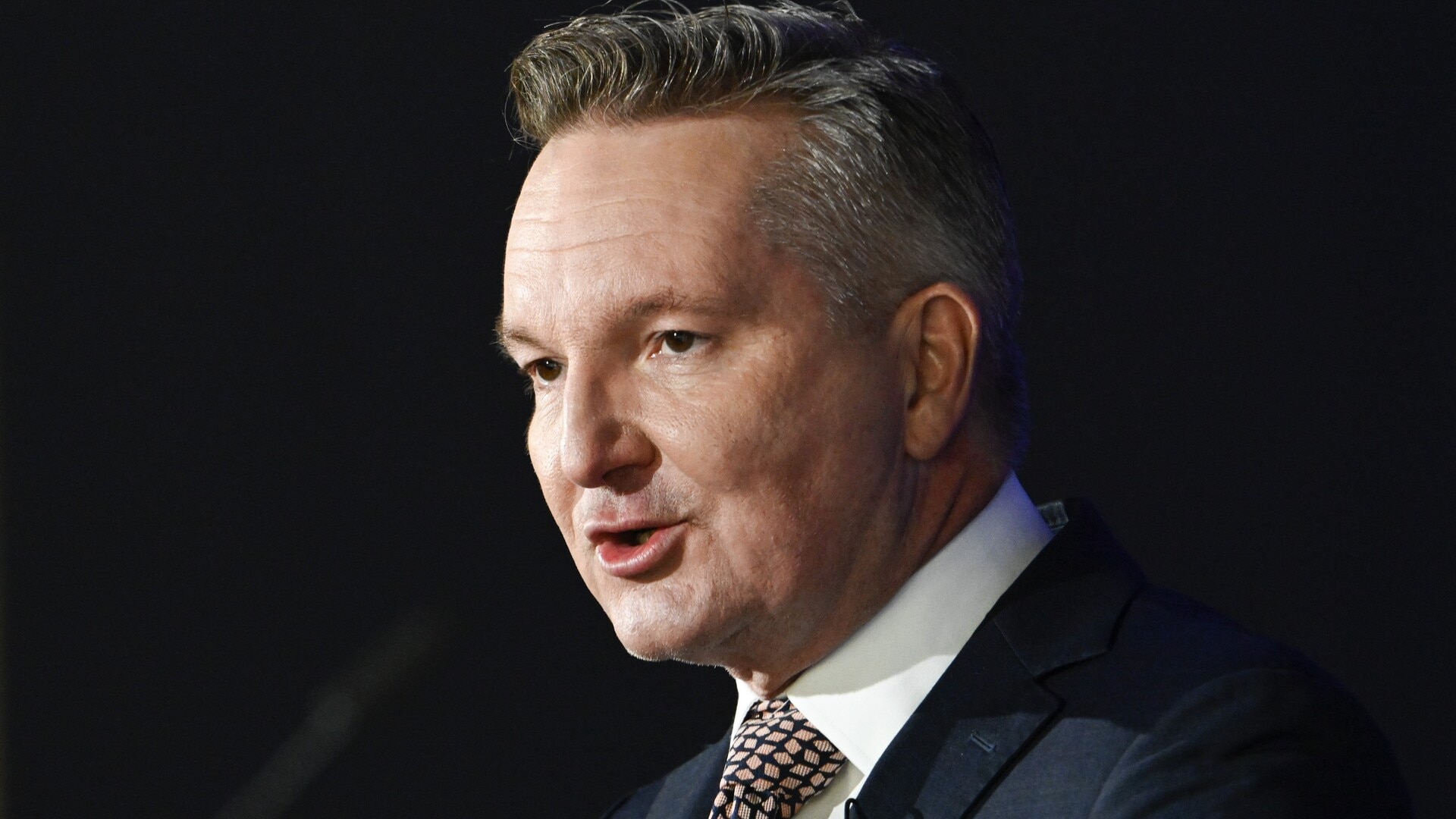
Bowen, in the face of all evidence, continues to assert renewables are the cheapest form of energy. This is wrong and is a dangerous fantasy driven by zealotry that is guaranteed to continue to hit families and small businesses hard in coming years.
Australia has an abundance of key energy resources, particularly gas. The prosperity of Australia in the 20th century was built on cheap, internationally competitive electricity. That advantage is rapidly slipping away as a consequence of deliberate policy decisions taken in Canberra and by state governments. If the government remains locked into the Bowen plan, it is simply impossible for there to be any real cost-of-living relief despite the claims and political assertions.
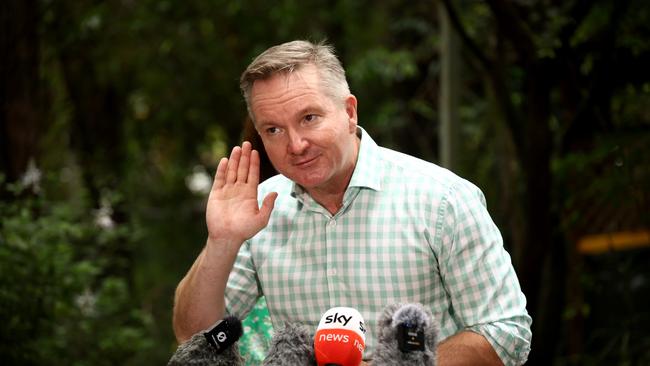
Peter Dutton has built the Coalition’s response on energy around the greater use of gas for power generation. Together with the Coalition’s commitment to cut petrol tax in half, this provides a clear alternative to Labor’s approach. The two policies will have a substantial impact on easing cost pressures, not only for families but also across business and supply chains.
There is a similar contrast between the parties in their approach to housing. A million additional people have come to Australia in the past two years under Labor’s policies, 70 per cent more than in any other two-year period in our history. It is unsurprising therefore that there is a shortage of housing and an increase in rents. In the budget, Labor committed to bringing almost two million additional people to Australia across the next five years. As with renewables, Labor’s dogmatic approach is escalating the problem, not reducing it.
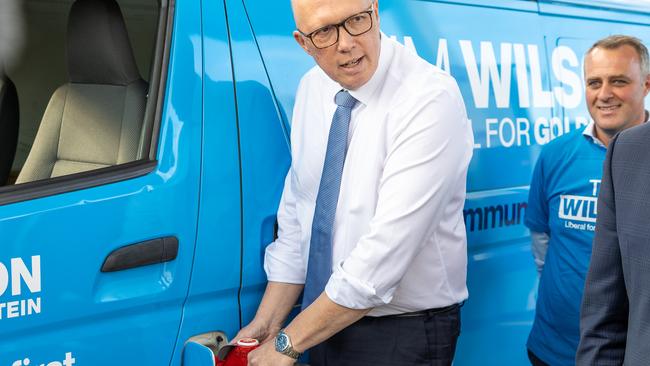
The Coalition has announced it will introduce a two-year ban on foreign investors and temporary residents from purchasing existing homes, and has recommitted to allowing first-home buyers to invest up to 40 per cent of their superannuation, up to a maximum of $50,000, to help with the purchase of their first home.
There is a sharp contrast between what Labor and the Coalition are proposing on cost of living.
Labor is constrained by its activist base from dealing with problems in a pragmatic way. The Coalition, by contrast, has put forward very specific alternative policies. It is an approach that resonates well in key battleground seats, and this is why the election is still in play.
Brian Loughnane is a business and political strategic consultant. He was the Coalition’s campaign director in four federal elections.

